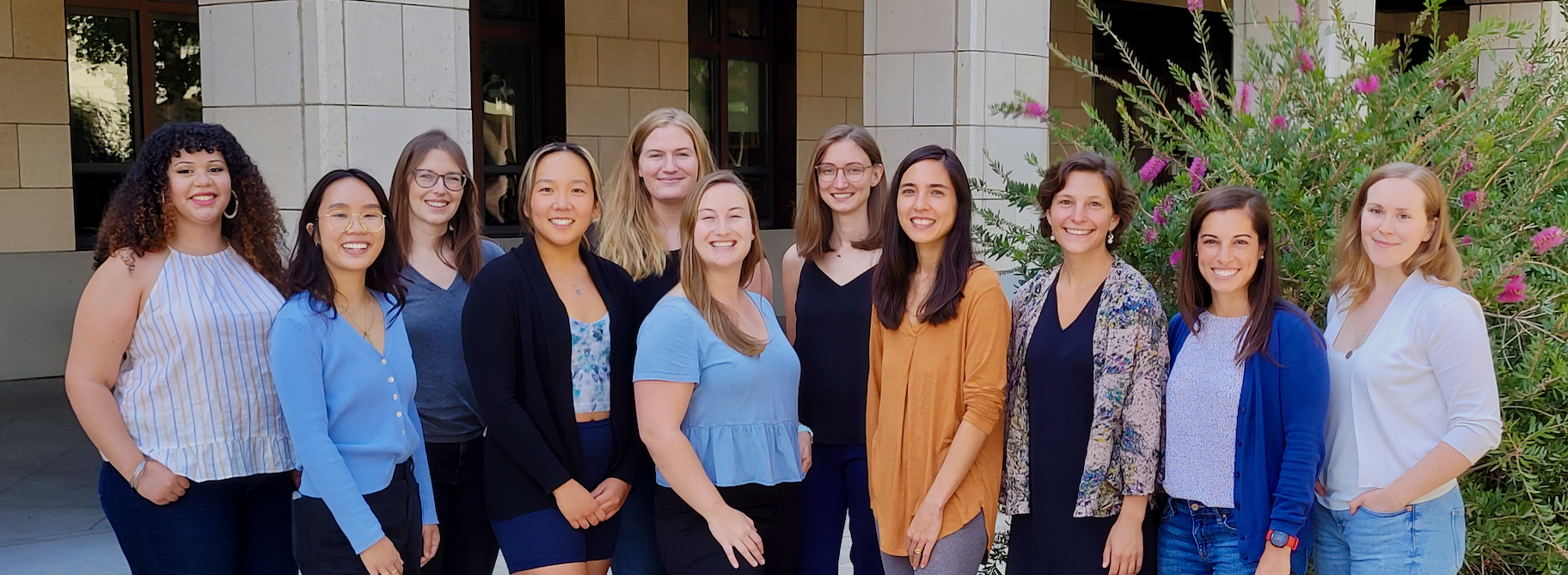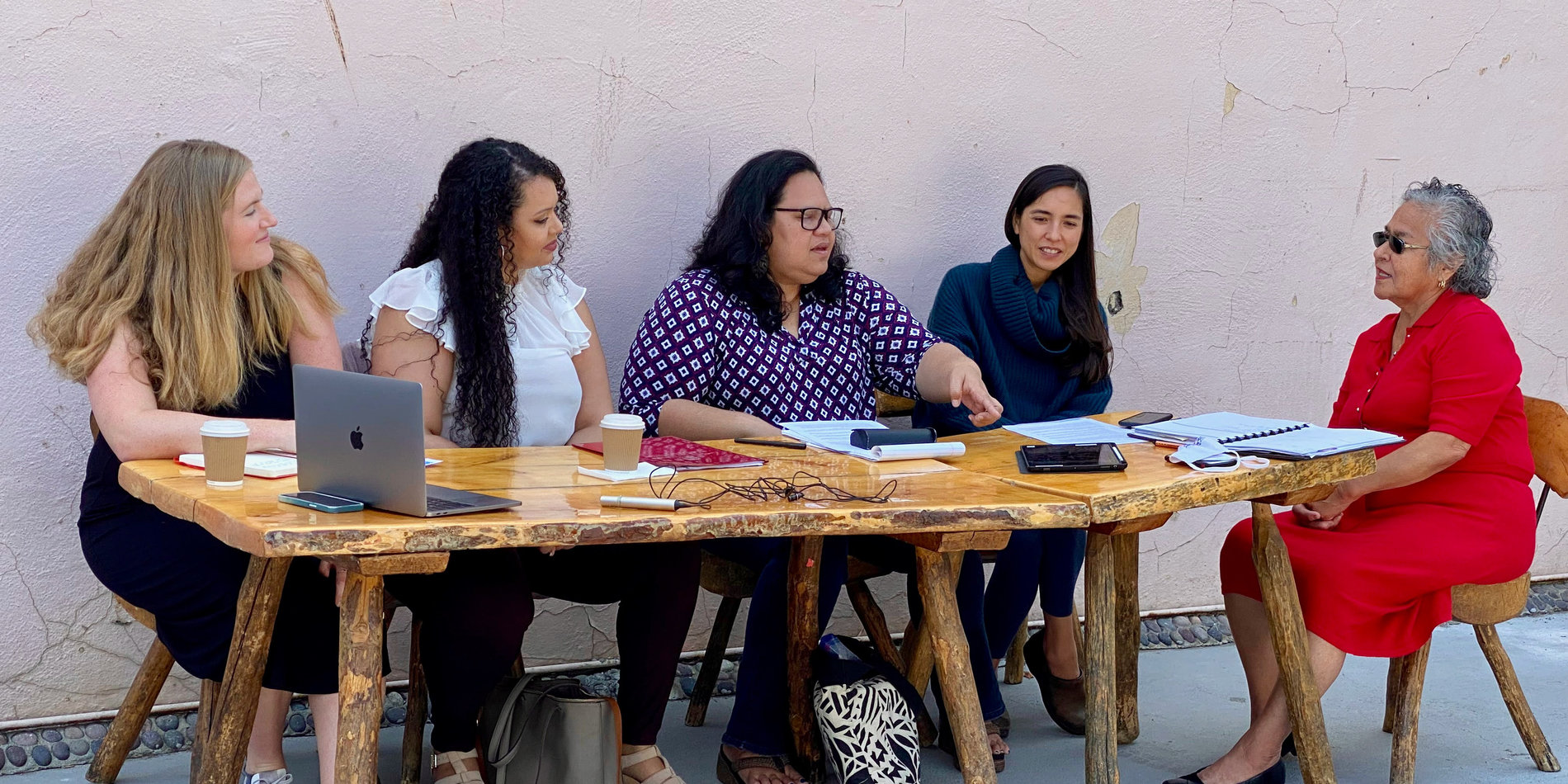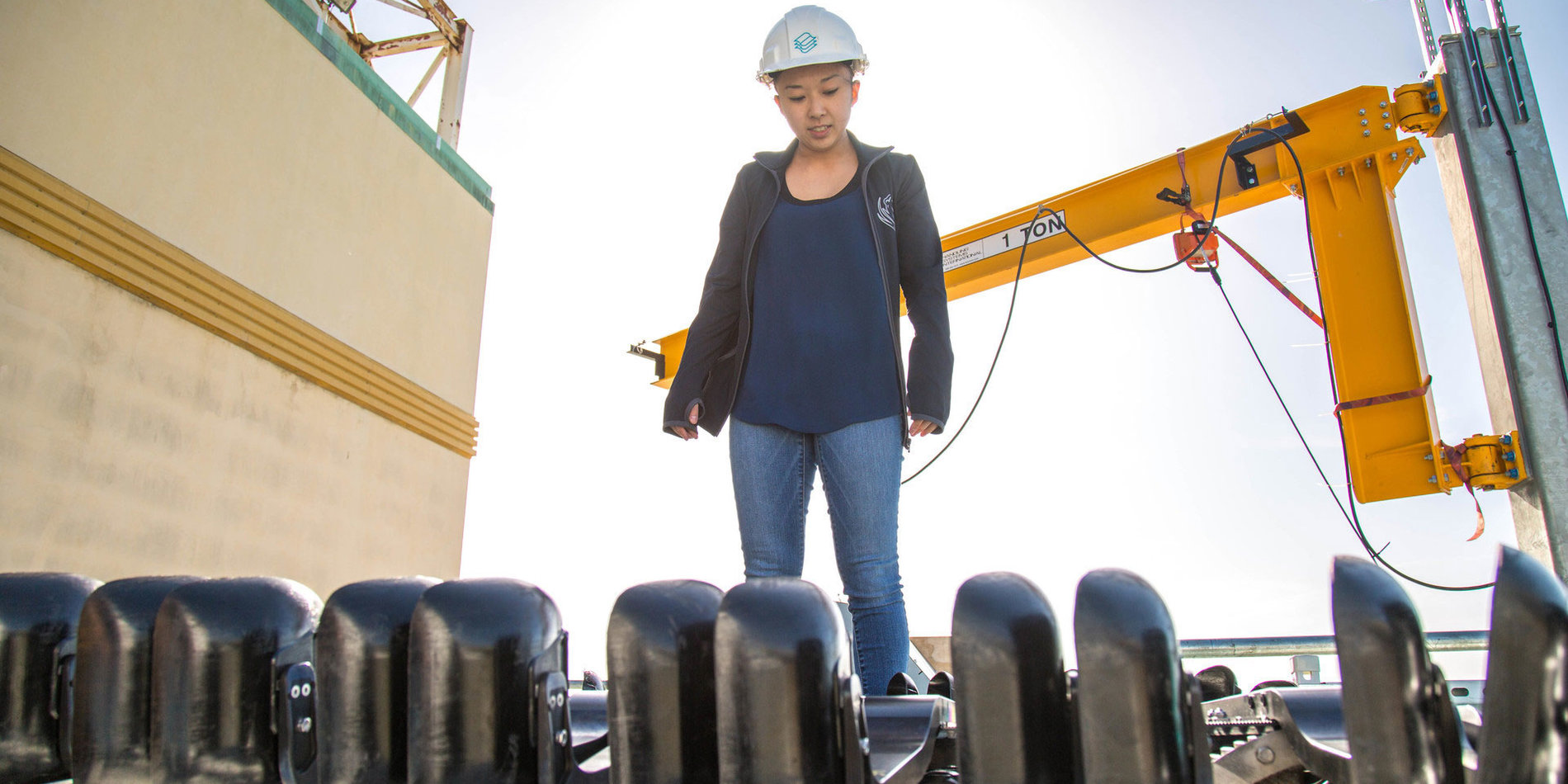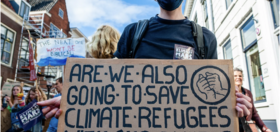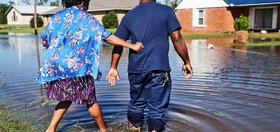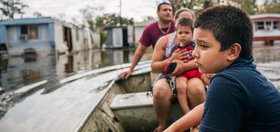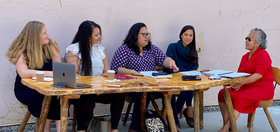What We Do
Our group employs social and behavioral science approaches to understand how people make decisions to address the impacts of climate change and how robust interventions can empower them to make decisions that serve their lives, communities, and society. Our group works on a diverse set of decisions regarding the risks of global environmental change and possible solutions.
Research
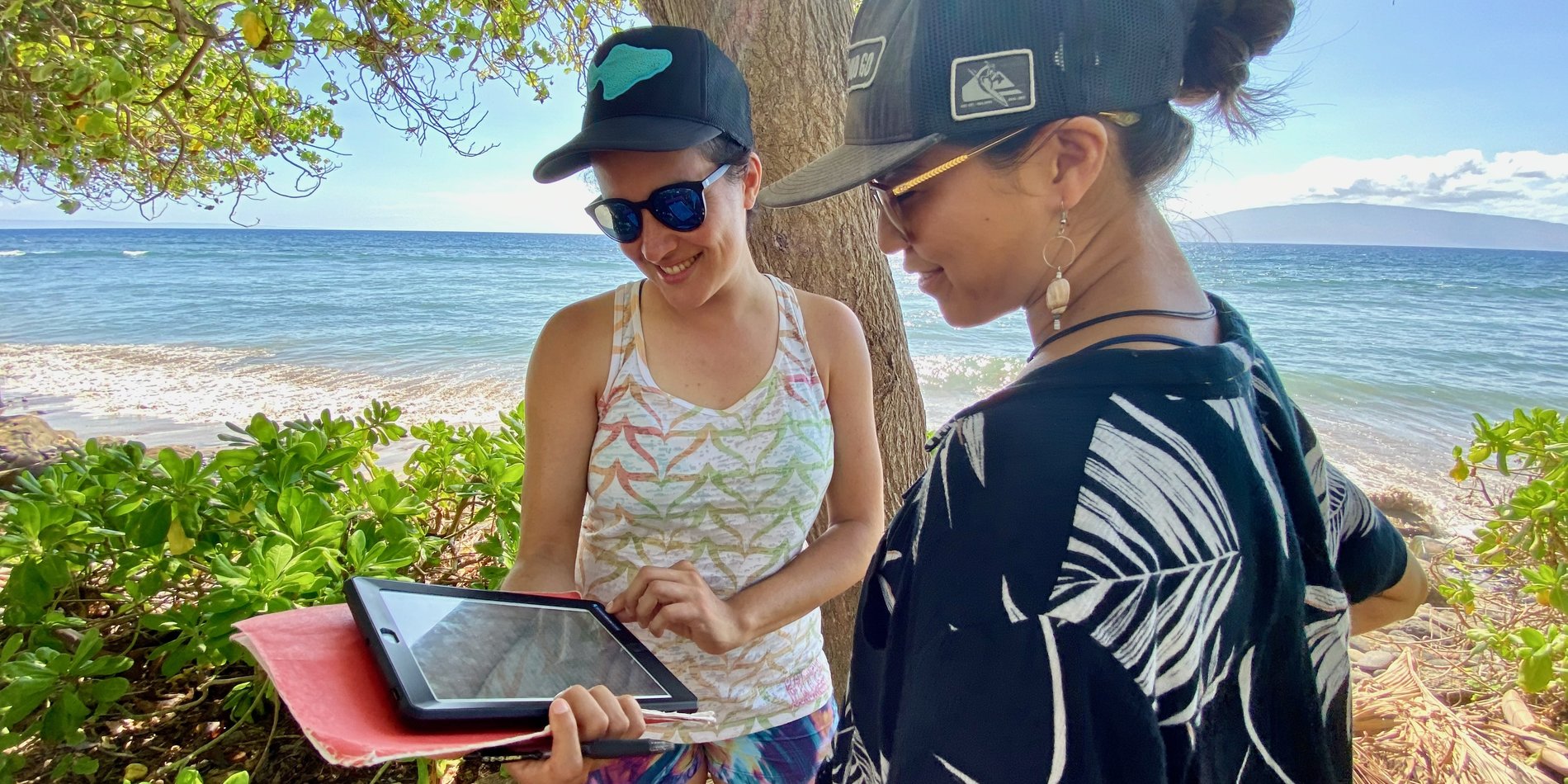
Individual adaptation, resilience, and health
We seek to understand underlying constructs and decision making processes that people undergo in response to gradual and acute environmental change.
Learn more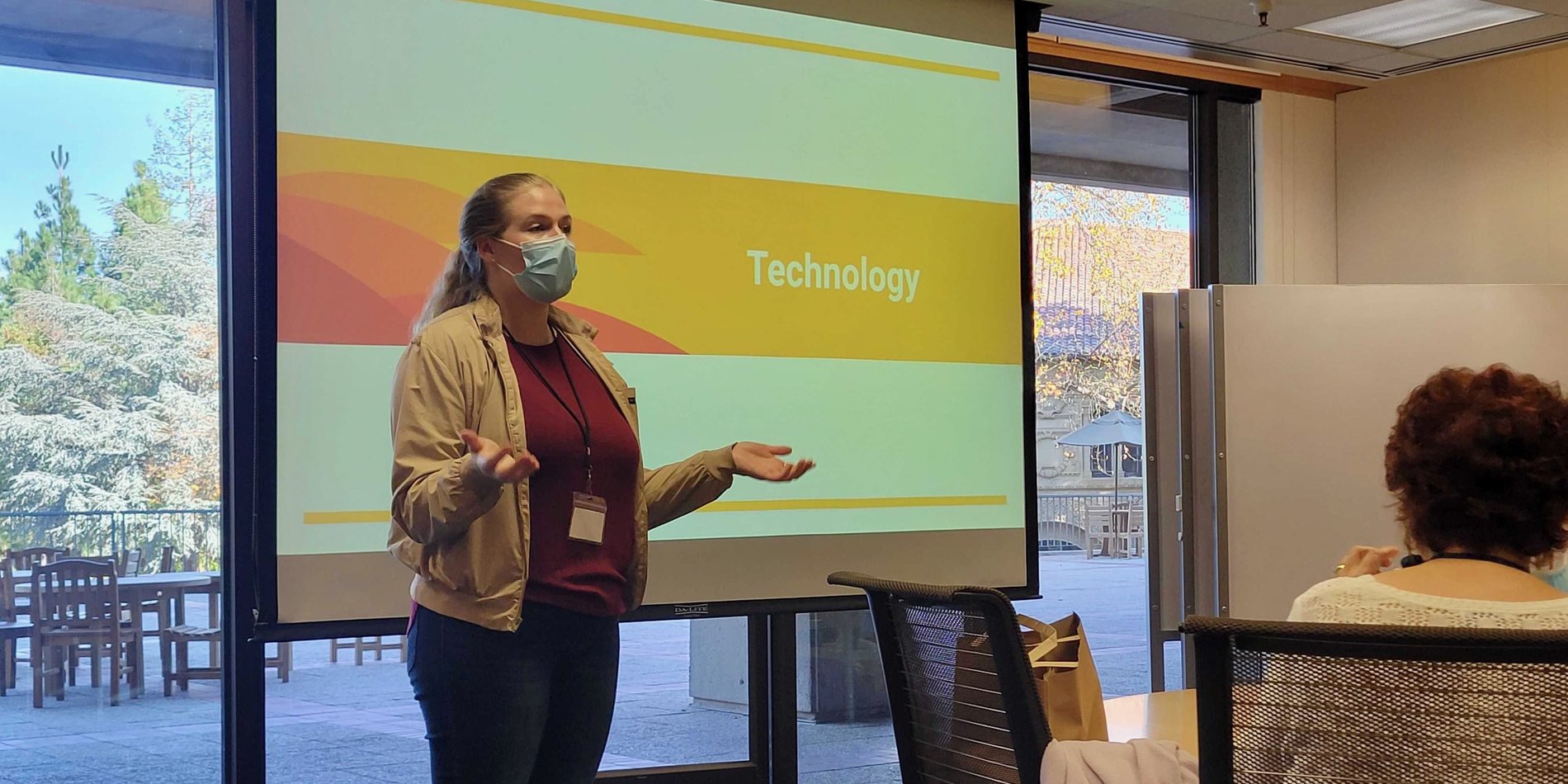
Decision making and support
We develop and test decision support tools to promote informed decision-making and improve health outcomes.
Learn more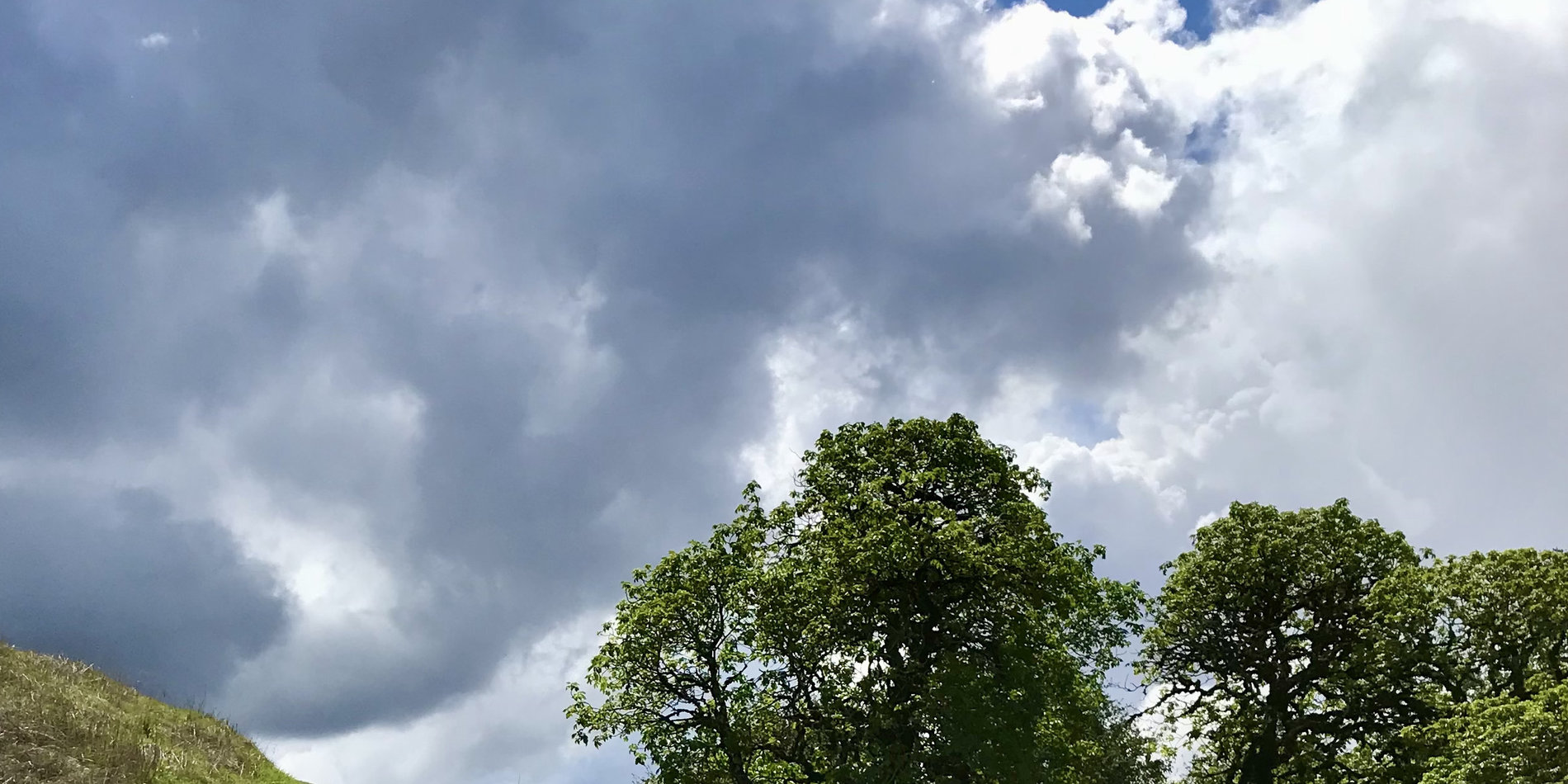
Our approach
Our approaches crosses disciplinary boundaries, including psychology, decision science, sociology, geography, and public health. Our research is about helping people become more resilient to adverse events and build more sustainable communities to meet the challenge of the risks of global environmental change. In the face of increasing threats to our environment and health, people need to be equipped with relevant information and realistic options. Our research aims to inform the design of interventions, policies and programs that help people make more informed decisions. We use multiple convergent methods -- interviews, surveys, experiments, prospective longitudinal designs, ecological momentary assessments, and remote and personal sensing. When working with frontline communities, we pursue a community-based approach where research is a true collaborative enterprise between researchers and communities.
Recent News
-
Why we still don’t yet know how bad climate migration will get
Gabrielle Wong-Parodi speaks with Vox on climate migration
March 16, 2022
-
Natural Disasters Sway Feelings About Climate Projections
Negative personal experiences with natural disasters like wildfires and hurricanes are among key variables in pushing people to take or accept protective measures.
March 09, 2022
-
It’s personal: Stanford-led research reveals how people’s experience with climate-related disasters affects their willingness to take and accept protective actions
Surveys show that negative climate experiences are associated with elevated perceived risk for specific climate hazards, and more.
March 01, 2022
-
A new effort to help communities adapt to climate change
Gabrielle Wong-Parodi, along with fellow partners and staff, are featured in PBS
November 06, 2021

